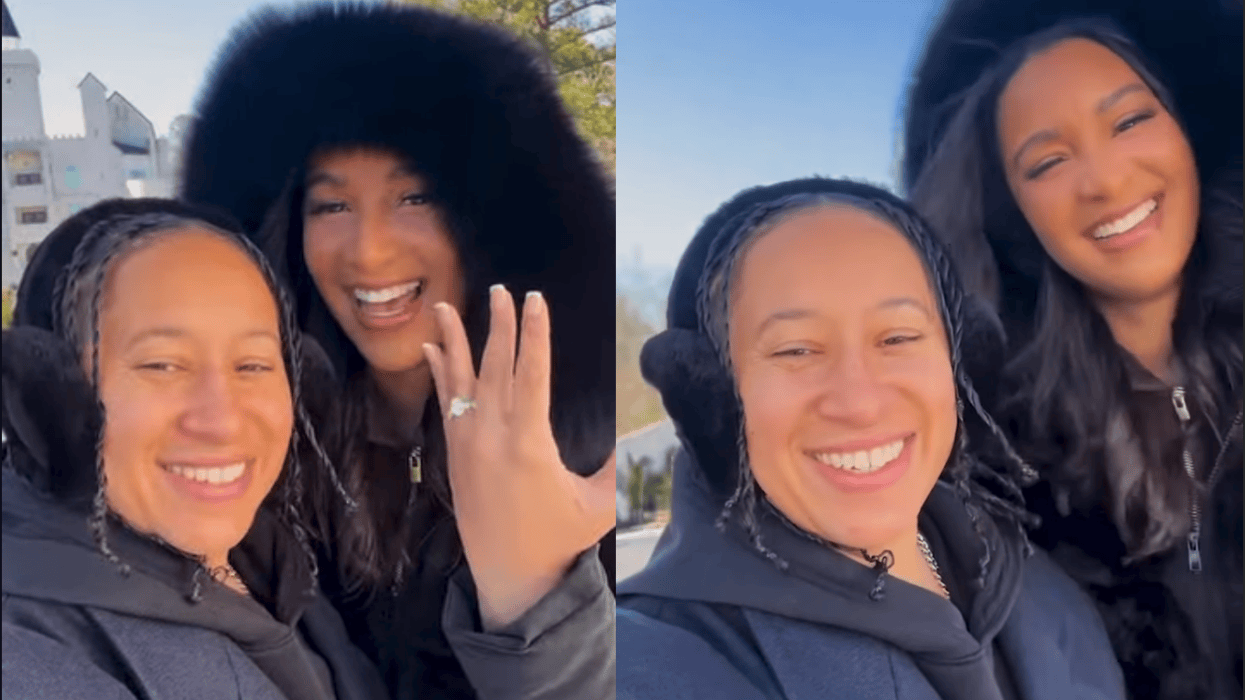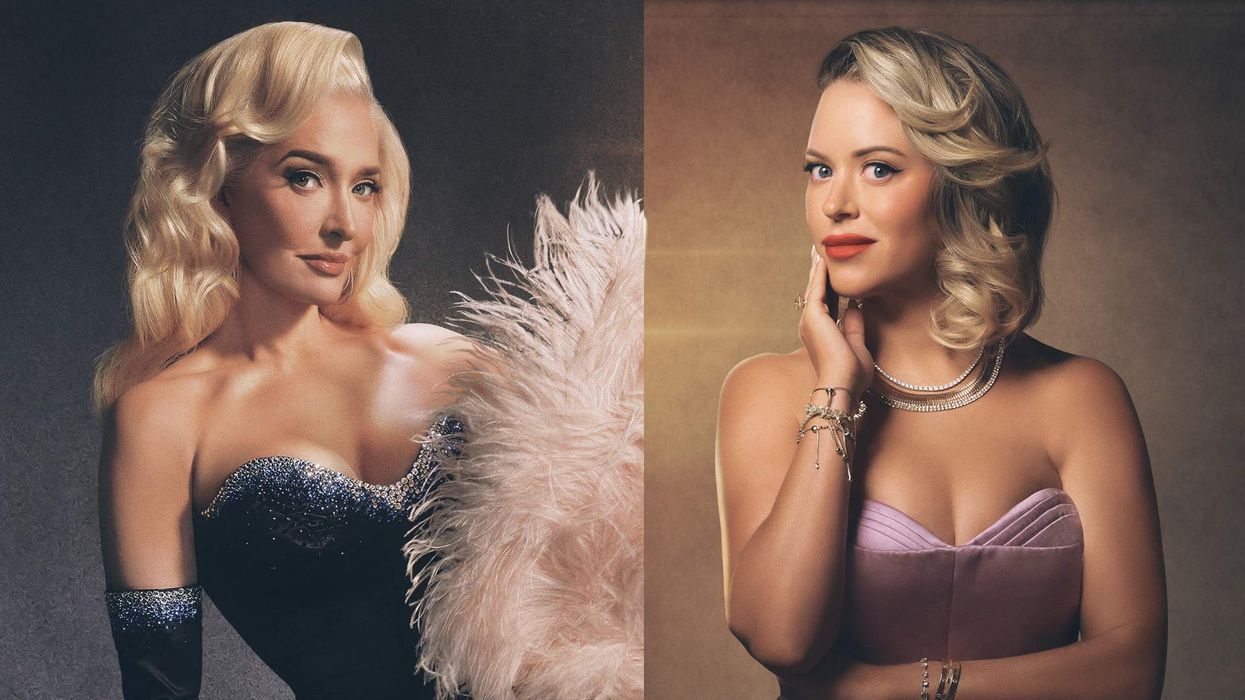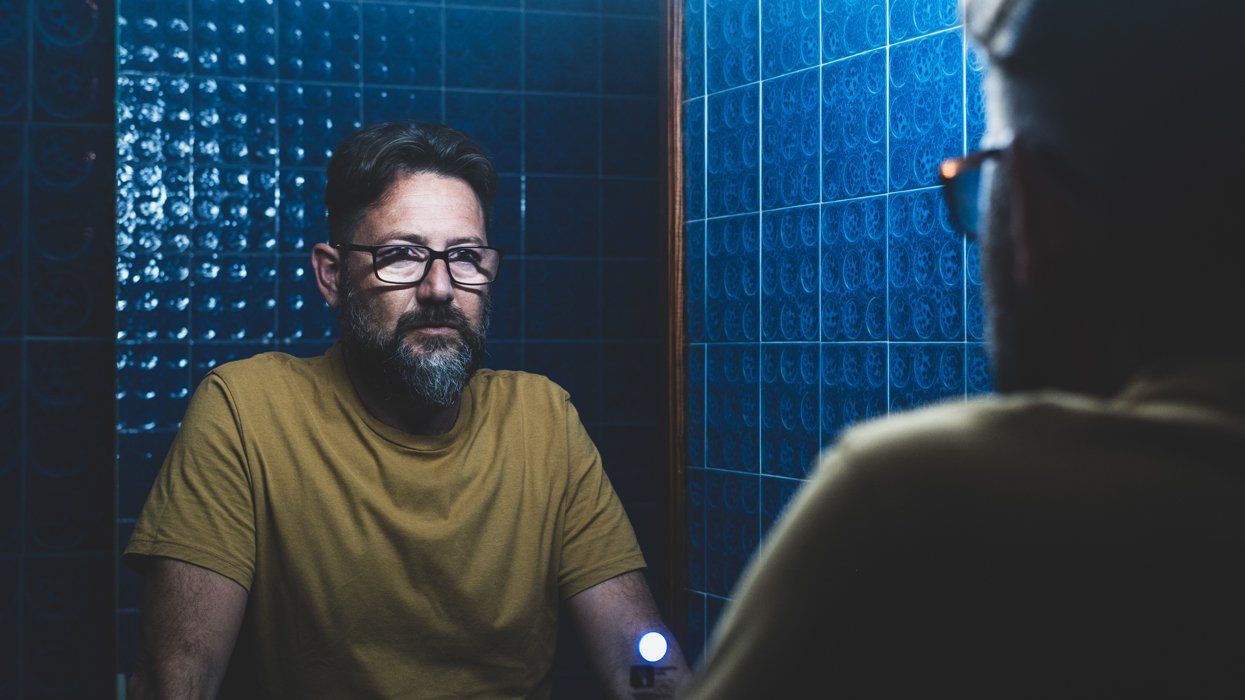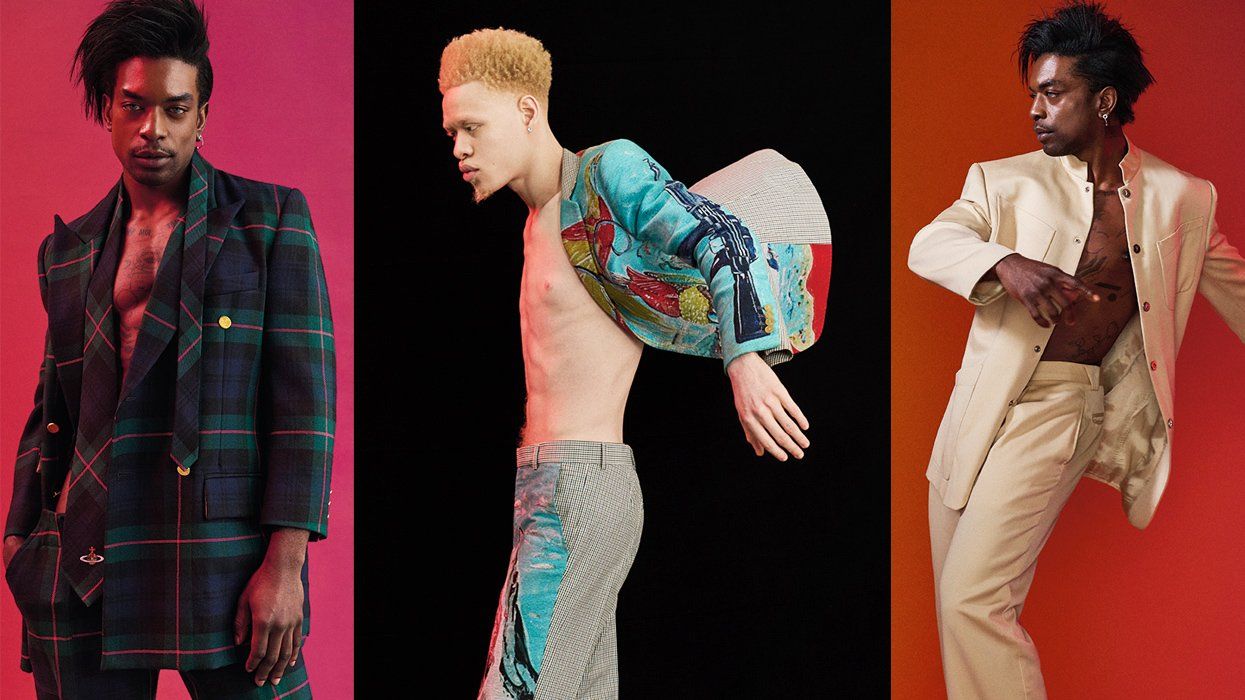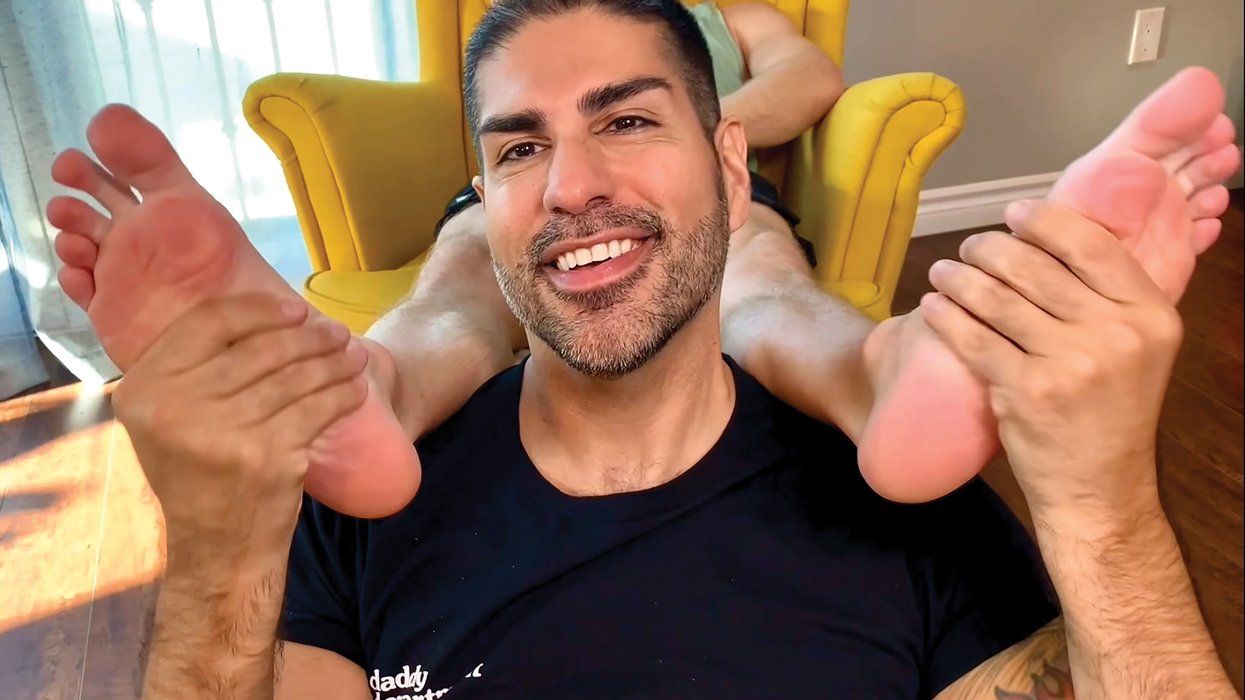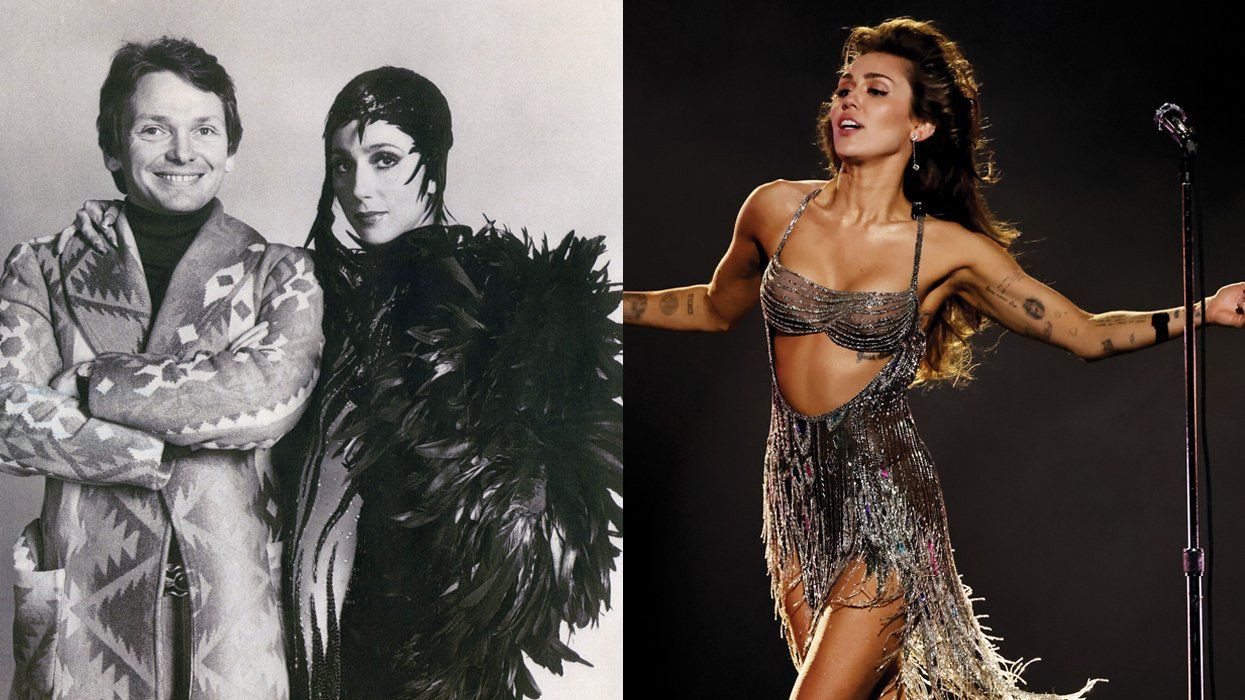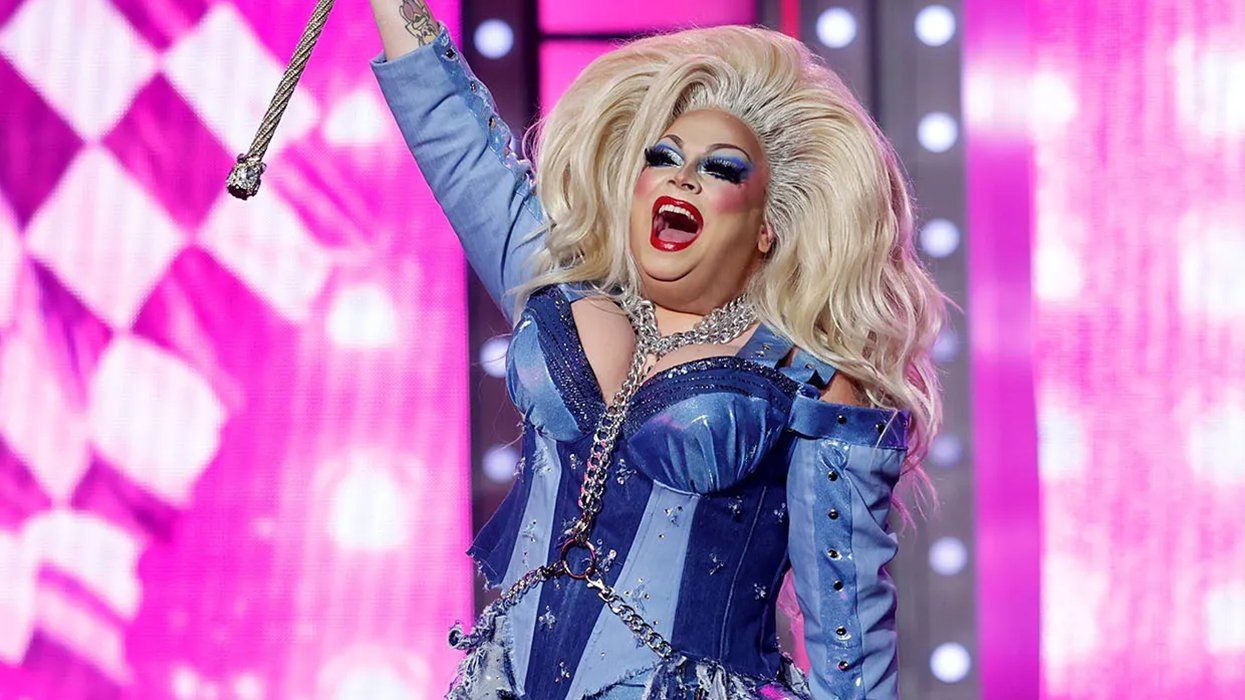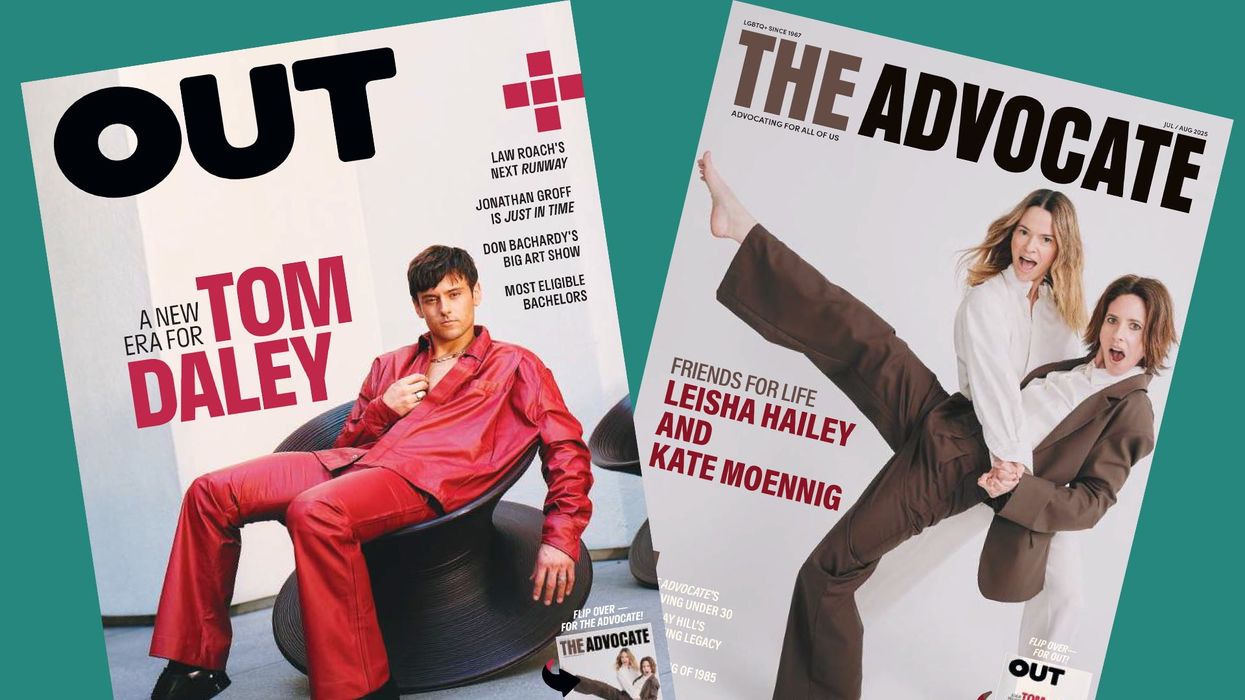One of the first guys I hooked up with was a white stoner barista who lived in Toronto's main Chinatown. We were friends with benefits, and those benefits for me included not only orgasms but also shit he stole from work. Sometimes it'd be mugs with our city's name on it; other times, bags and bags of whole roasted coffee beans.
Many nights I'd watch Golden Girls reruns on his bed while he'd surf the Internet. Once he beckoned me over to his monitor to show me his MSN Messenger list, pointing out which of his friends on there were Asian -- and which ones he'd slept with.
It was a weird thing to do. Was it boasting? A sort-of social proof that my people found him desirable? Or was it a veiled threat that I could easily be replaced? I nodded, told him "cool," and climbed back into his bed. I knew this marked the beginning of the end for our convenient, reliable sex.
A few years later, I went out with a friend for New Year's Eve. My first serious relationship had ended, and I was ready for a fresh start. I wasn't prepared when a man began flirting with me by introducing himself in Mandarin. He looked disappointed by my confusion, so I explained that my family spoke the Cantonese dialect of Chinese.
The man, who was white, barely acknowledged it before launching into stories about his exotic travels around China.
Approaches like these happen more often than I'd like--enough to make me reflect on why they're so ineffective on me. It wasn't just that the barista sought out and exclusively slept with Asian men, or that the man at the party felt his fluency in Mandarin should win my interest; it was their presumption of who I was based solely on my skin color.
The question I often ask is: What do we really know about someone based on their race? For men interested in only Asian men (or black men or white men or Hispanic men), what are they expecting--and how do they react to those who don't fit those expectations? Are they more absorbed by their ideas of Asianness or Chineseness than by the actual person in front of them?
An ex-boyfriend loved the shape of my eyes, and sometimes in bed he'd run his fingers along my brow down to the outer corners.
Other men have commented on the shape of my nose, which sometimes throws them off when they're wondering if I'm Japanese or Korean. I also get comments about the fullness of my beard, which is now considered a feature rather than a bug.
The shape of our faces, like the color of our skin, is part of who we are. To love ourselves is to love all of our parts. And for others to love us includes their loving of our parts. You can--and should--love the shape of Asian eyes or the darker features of black men, but that affection becomes a disservice when those parts take on the role of symbols, when they represent preconceived ideas around an entire race.
To fetishize race is to give power to stereotypes, and a race fetishist keeps the men in his life on a leash, never to stray too far from the concept he's built in his head of what someone of that race should be. The great irony is that race has no genetic basis. You cannot look at blood and know what "race" someone belongs to. You cannot examine DNA to figure it out either.
When you fetishize race you fetishize something that doesn't exist.
Like what you see here? Subscribe and be the first to receive the latest issue of Out. Subscribe to print here and receive a complimentary digital subscription.




